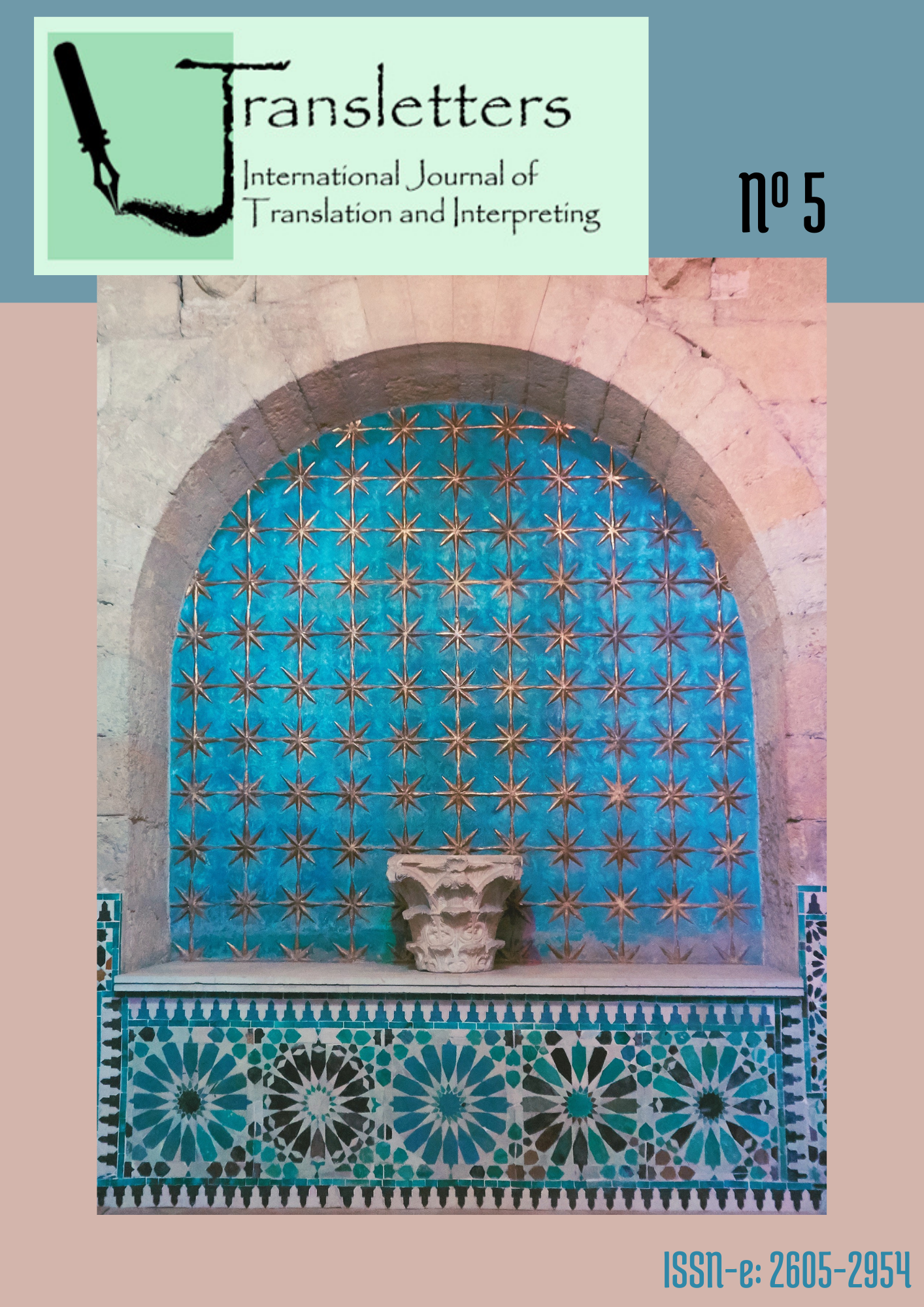Analyzing gay terms in Brazilian Portuguese subtitles from the movie The Boys in the Band
Main Article Content
Abstract
The Boys in Band was one of the first American movies to thrust gay characters into the limelight, giving visibility to their way of acting, dressing, and speaking. In this article, I analyze gay male terms used by the characters in the original film (1970), and in its 2020 remake. My selection includes the lexical items “fag”, “faggot”, “faggy”, “fairy”, “gay”, “homosexual”, “nelly”, “pansy”, “queen”, “queer”, and “sissy”, all representative of camp (Harvey, 1998). My main goal is to verify how they were transposed into Brazilian Portuguese, and to what extent they can equate to camp talk from the pragmatic viewpoint. Apart from these terms, my analysis will include other linguistic resources able to shape the identity of this group of speakers. After introducing the main features of the film (Cohen, 2015; Bell, 2016), I will discuss gay issues and camp talk (Harvey, 1998/2000; Martínez Pleguezuelos, 2017); next, I will compare the data mainly focusing on their evaluative load (Hughes, 2006; Valdeón, 2010). My results have demonstrated that, in the target language, the terms analyzed were consistently used and largely equated with the evaluative load of their source counterparts.
Downloads
Article Details
Suggested policy for journals that offer open access
Authors who publish with this journal agree to the following terms:
1. Authors retain copyright and grant the journal the right of first publication with the work simultaneously licensed under a Creative Commons Attribution License, which allows others to share the work with an acknowledgement of authorship of the work and initial publication in this journal.
2. Authors may enter into additional contractual arrangements for non-exclusive distribution of the published version of the paper in the journal (e.g., submission to an institutional repository), with an acknowledgement of its initial publication in this journal.
3. Authors are allowed and encouraged to publish their work prior to the final version published in this journal once accepted (e.g., in institutional repositories or on their website), as it can lead to productive exchanges, as well as earlier and higher citation of the published work (see The Open Access Effect).

